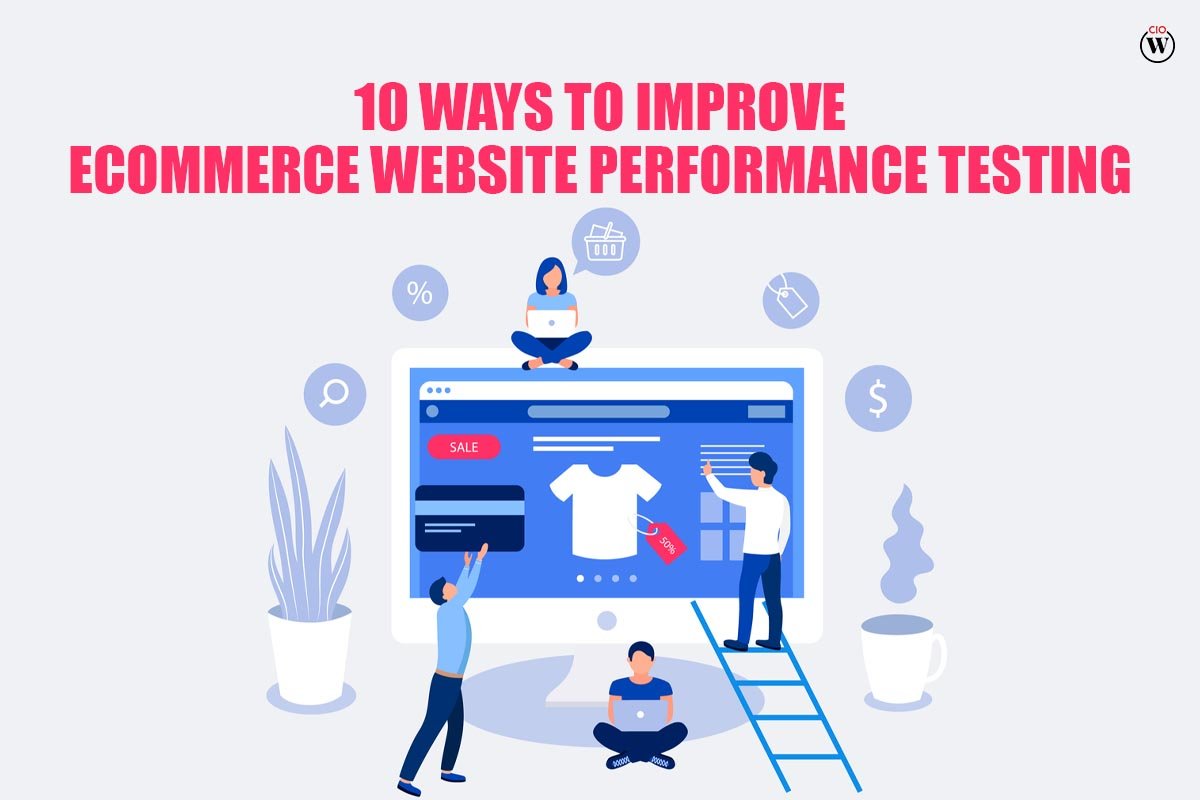You wake up with a small ache. Is it really that insignificant, though? Within seconds, your mind spirals down a dark alley. Could it be something more serious? Migraine? Insomnia? A heart problem? You open your browser, type in your symptoms, and by the end of the rabbit hole, you’re convinced that you’re dealing with a proper health crisis.
This is what health anxiety is like, and it is more daunting than you think.
What Is Health Anxiety?
The scientific term for health anxiety is ‘hypochondriasis’. Simply speaking, this is a mental condition wherein a person starts to believe that they are having or developing a very serious illness, despite a clear dearth of any medical evidence suggesting the same. It is not a fleeting thought either. It is a very persistent and disruptive kind of anxiety that can overwhelm an individual.
It can result in repeated doctor visits, constant symptom checking online, and incessant stress about treatment, despite repeated assurances from the medical team. Such individuals may find comfort in having their medical team, like a nurse who has completed online post-Master’s certificate nurse practitioner programs, explain the process from beginning to end in granular detail to assuage any fears.
What Does It Feel Like?
.jpg)
The good news is that health anxiety is an extremely rare condition, affecting only 0.1% of the American population. However, as previously stated, it can be a very disruptive condition. A person suffering from this condition may constantly check their pulse, feel the need to self-diagnose, or even re-read lab results, hoping to catch something previously missed. There are essentially two broad categories:
- Care-seeking: Such patients constantly feel the need to take multiple medical tests and checkups, and need reassurances from more than a single specialist.
- Care-avoiding: Such patients have a general distrust of doctors and feel that their symptoms are not being treated seriously.
Both of these can potentially have a negative impact on the quality of life, relationships, physical health, and even work productivity.
What Are Some Common Symptoms?

Just because you worry once about visiting the doctor or getting a serious illness doesn’t mean that you’re suddenly suffering from an anxiety disorder. This is a more systemic and recurring issue that tends to surface through the following symptoms:
- Fear of catching a lethal illness and actively avoiding people and places due to the same.
- Very high levels of recurring anxiety about personal health.
- Exaggerating symptoms and their severity (a classic example being a simple cough being misdiagnosed as lung cancer).
- Constantly thinking and reading about diseases and illnesses.
- Always talking about health conditions and oversharing with others.
- Repeatedly checking for signs of illness, like temperature or blood pressure level.
- Repeatedly re-evaluating professional medical advice and seeking a secondary opinion to seek reassurance.
What Are Some Common Causes?
Health anxiety does not emerge out of the blue. It is the result of certain factors like:
- Past Trauma: Going through a major illness during childhood or seeing a loved one battling a major illness for a prolonged period of time.
- Family History: An overtly anxious parent can pass on the same to their offspring.
- Mental Health Struggles: Other mental ailments like generalized anxiety disorder or obsessive-compulsive disorder can often overlap with or snowball into health anxiety.
- Information Overload: An abundance of information on the internet can often overwhelm individuals and make them go down rabbit holes.
What Are Some Coping Strategies That Work?

The good news is that this is a fairly manageable condition. At the end of the day, we need to remember that it is a mental health condition and there are no actual severe health issues to contend with. Cognitive Behavioral Therapy (CBT) is the gold standard in the world of therapies and can be a very effective method to tackle this condition as well. Support groups are another handy way of battling the condition together with other people. A sense of community with shared challenges is a very powerful motivator to deal with mental health issues.
Health anxiety is more than just being a “worrier.” It’s a legitimate mental health condition that can cause havoc in your personal and professional life, impacting relationships as well as work. Timely and professional medical help can really make a difference. If you feel overwhelmed with all the stress and anxiety about your health, it is best to consider consulting a licensed therapist, seeking medication, and joining a support group.









